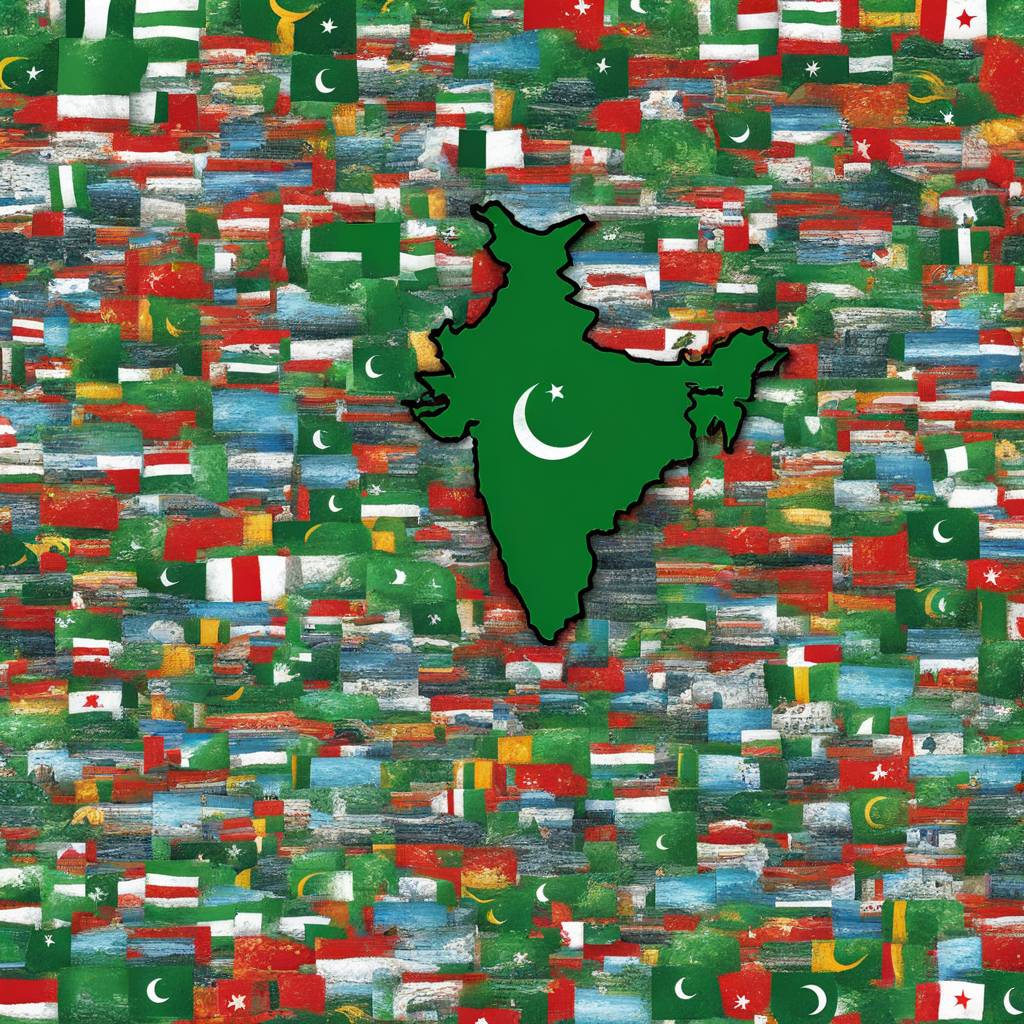Pakistan’s military has long been seen as the country’s most crucial institution, intervening in politics to maintain stability. The army has faced a significant loss of prestige recently, as former Prime Minister Imran Khan challenged its influence and was subsequently ousted and jailed. The new civilian government, backed by the military, has taken power, leading to deep polarization in the country. Within the military itself, there are divisions, with some members sympathetic to Khan’s vision for the country. Healing these internal rifts will be key to ensuring stability in Pakistan.
The timing of these divisions is particularly concerning as Pakistan is facing multiple challenges, including a struggling economy and security threats from neighboring countries. General Asim Munir, the army chief, is working to repair relations with Washington and must navigate the country’s political and security landscape. The military has historically played a significant role in Pakistan’s politics, and its actions have contributed to the current predicament. After facing pressure from the United States and domestic political parties, the military leadership sought a more cooperative political partner and aligned with Imran Khan, a move that ultimately backfired.
Khan’s confrontational approach towards the political establishment and rejection of American influence led to growing public criticism and a rift with the military. His removal from office following a parliamentary no-confidence vote further exacerbated tensions. As the military attempted to ensure Khan’s party did not win in the recent elections, they faced unexpected challenges, with P.T.I.-aligned candidates winning the most seats. The military engineered a coalition government to keep Khan’s party out of power, but now faces allegations of election fraud and public discontent.
General Munir is working to address internal dissent within the military ranks and maintain unity in the face of these challenges. However, his efforts may only be a short-term solution, as his term expires next year and there are concerns about his successor’s potential alignment with Khan. The possibility of Khan’s return to the political stage could further complicate the situation, as he remains uncompromising in his stance against the military and political establishment.
The future stability and security of Pakistan hinge on the military’s ability to bridge internal divides and maintain unity. The country’s economic and security landscapes are precarious, and any further disruption could have widespread repercussions. The military’s role in shaping Pakistan’s political future is significant, and its actions in the coming months will determine the country’s trajectory. As the military leadership navigates these challenges, the stakes are high, and the outcome remains uncertain.








